Write your awesome label here.
What Is Emotional Intelligence?
Let’s start here. What is emotional intelligence?
The definition of emotional intelligence (EQ) is your ability to recognize, understand, and manage your emotions and the emotions of others. It’s about practicing self awareness, having empathy, controlling your emotions, and building strong social and interpersonal skills.
Now unlike IQ (your intelligence quotient), which is mostly fixed and measures logic and problem-solving, emotional intelligence is a skill you can build. And that’s what makes this so exciting. You can develop emotional intelligence at any age or stage, where you can apply it to both your personal and professional life.
In my own journey, I realized that the way I responded to stress, how I handled arguments, and even how I made decisions (on a human level) all came down to how emotionally intelligent I was. Once I started building that skill, I noticed major shifts in my relationships, my mindset, and my overall peace.
So, if you’re looking to make a change, here are 7 simple ways to develop emotional intelligence and start shifting your emotional habits for the better.
1. Practice Self Awareness
This will always be my number one.
When you practice self awareness, you give yourself a chance to notice your emotional patterns. Are you being triggered in similar ways again and again? Do you snap back quickly when someone disagrees with you, or unknowingly speak over others during social situations?
The more self aware you become, the easier it is to pause, reflect, and choose a better response. Journaling, daily check-ins, or even just asking yourself “What am I feeling right now?” can help you become more self aware and begin to understand the why behind your emotional reactions.
2. Pause Before You React
One of the most life-changing shifts I made was learning to pause and create space.
Before, I’d jump straight into a reaction. But when you pause, even for just a few seconds, you create a space between what’s happening and how you respond.
That small gap gives you power. Power to choose. Power to reflect. Power to respond with intention instead of being emotionally reactive.
This habit helps you control your emotions instead of being controlled by them. And the best part is, like anything in life, it gets easier with practice.
3. Label Your Emotions Accurately
This might sound simple, but it’s actually pretty deep.
When you say “I feel bad,” that doesn’t tell you much. But when you get specific with your emotional vocabulary, you can pinpoint whether you’re feeling frustrated, anxious, angry, overwhelmed, sad, or disappointed. This brings clarity to your emotions.
By naming your emotions more accurately, it helps you to connect with and understand your feelings on a deeper level. And once you understand them, you can better manage them.
You’ll start to see your emotional patterns, and identify those needs and triggers that live beneath the surface. When you’re able to look at the root cause of your emotions and not just the symptoms, that’s where real change happens.
4. Learn to Self-Soothe
We all experience negative emotions. That’s part of being human.
But what matters is how you handle those emotions. Do you suppress them, or do you have healthy ways to regulate them?
For me, self-soothing came through breathwork, walking, listening to music, and meditation. When you find what works for you, you stop reacting impulsively and start calming your nervous system in a way that helps you manage your emotions and respond with care.
So whenever you notice your emotions boiling up to the surface, practice self-soothing techniques to center yourself. This is how you stop feeling overwhelmed and start being in control.
Enjoying the Read?
Weekly Mindset Newsletter
Get personal stories, decision-making strategies, and mental frameworks to help you stop overthinking, build self awareness, and live with more clarity.
Thank you!
5. Practice Empathy
Empathy is about putting yourself in someone else’s shoes. It’s about recognizing that people are going through their own battles that you might not see.
When I started practicing empathy, my relationships changed. I stopped needing to “fix” everything and started listening just to understand.
Sometimes, the best thing you can do is offer someone a safe space to be heard. That alone can heal so much. And in return, it strengthens your social skills and deepens your connection with others.
Empathy is not weakness. It’s one of your greatest emotional strengths.
Pro Tip: Whenever I experience confrontation with a person, I remind myself that they were once a baby (impulsive and emotionally immature). So when someone acts immaturely, mistreats you, or is emotionally unbalanced, just remember the child in all of us.
6. Take Responsibility for Your Emotions
This one took time for me.
When I used to feel emotionally reactive, I’d blame outside things like: other people, the stress, or the situation. But the truth is, my emotions were mine to manage.
Taking responsibility doesn’t mean you don’t feel negative emotions. It means you get curious about them. You look at them as signals and teachers that guide you.
And when you do that, you grow. You begin to see what needs healing, what boundaries need to be set, and what emotional habits you want to break or strengthen.
This is how emotional maturity is built.
7. Observe Yourself in Micro Moments
Emotional intelligence isn’t only built during big life events. It’s developed in small, daily moments.
How do you respond when someone cuts you off in traffic? When your coffee spills? Or when your WiFi stops working?
These micro moments show you your emotional patterns. And if you pay close attention, they give you the chance to make small mindset shifts every day in how you deal with these emotional habits.
That’s how you change your life; one moment and one habit at a time.
Levelling Up Your Emotional Intelligence
Emotional intelligence is the skill that helps you grow personally and professionally. It’s not about having all the answers or being emotionally perfect. It’s about being aware, being intentional, and being connected to yourself and others.
IQ may open doors, but EQ is what determines how you walk through them.
So if you're serious about personal growth and ready to make a change, then start by developing your emotional intelligence. Practice self awareness, manage your emotions, and show up with empathy.
The world is an interconnection of all our emotions. You can either spread empathy, or create a vicious cycle of negative emotion that passes one person to the next.
Because when you shift your mindset and how you handle your emotions, you change your relationships, your decisions, and ultimately, your life.
Sincerely,
Dexter Lam

Do you want to level up and change your life Trajectory?
We're launching our course on Self-Awareness
Thank you!

